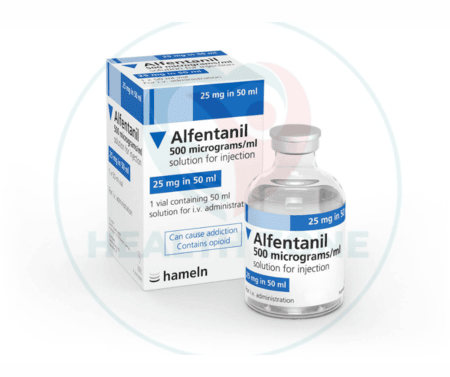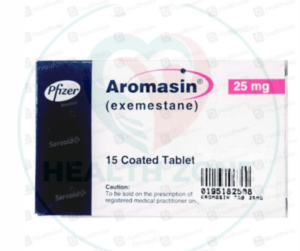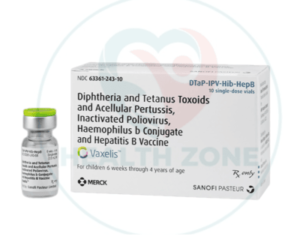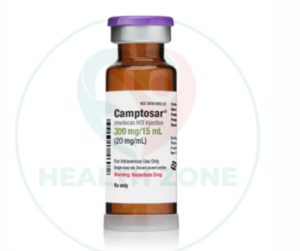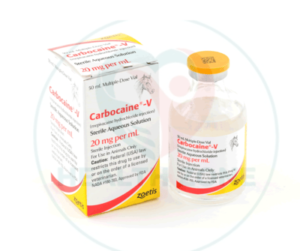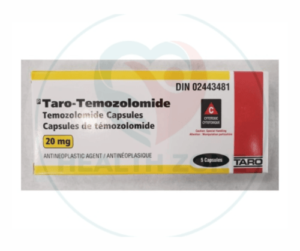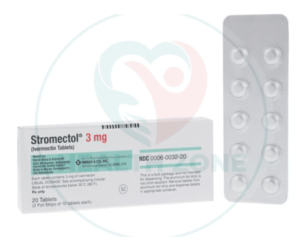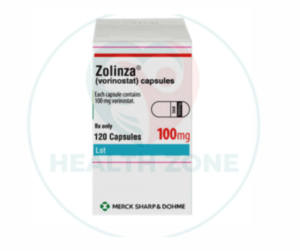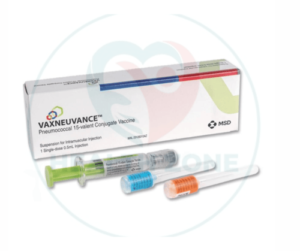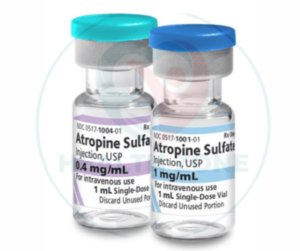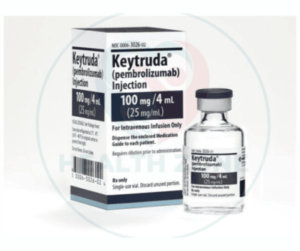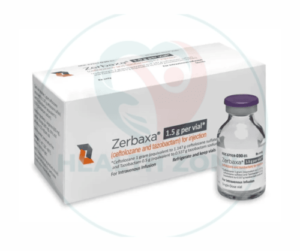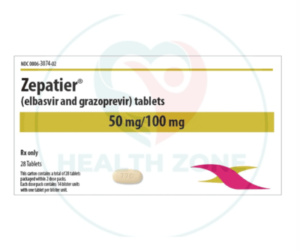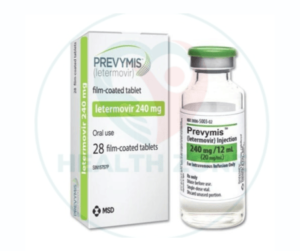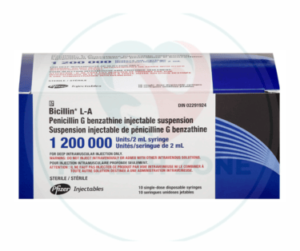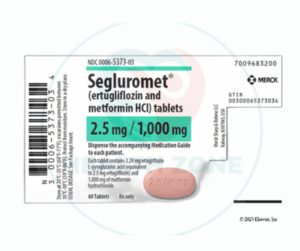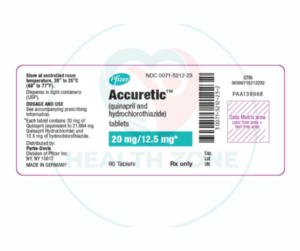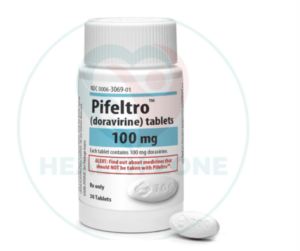Alfentanil is a potent synthetic opioid analgesic primarily used for its rapid onset of pain relief. Developed to address the needs of surgical and intensive care settings, alfentanil plays a crucial role in modern anesthetic practice. Manufactured by Pfizer, this drug is particularly valued for its effectiveness in controlling pain during medical procedures. Here we explore the formulation, uses, advantages, side effects, dosage, precautionary measures, and relevant pricing of Alfentanil in the UK and US.
Formulation of Alfentanil
Alfentanil is typically formulated as an injectable solution, often combined with other agents for balanced anesthesia. It is available in a concentrated form, usually containing 500 micrograms per milliliter (mcg/mL), and is administered intravenously. This allows for precise control over dosage and rapid therapeutic effects.
Uses of Alfentanil
Alfentanil is primarily used for:
- Induction and Maintenance of Anesthesia: It is frequently used in surgical settings to induce anesthesia quickly.
- Pain Management: It provides effective analgesia during and after surgery, especially in patients who may not tolerate other opioids.
- Procedural Sedation: Alfentanil can be employed for sedation in various diagnostic or therapeutic procedures.
Advantages of Alfentanil
- Rapid Onset: Alfentanil acts quickly, making it ideal for urgent surgical procedures.
- Short Duration of Action: This characteristic allows for fine-tuning of pain management protocols.
- Minimal Cardiovascular Effects: Compared to other opioids, alfentanil tends to have fewer effects on heart rate and blood pressure.
- Versatility: Its use in both surgical and intensive care settings makes it a valuable tool for anesthesiologists.
Side Effects of Alfentanil
While alfentanil is generally well-tolerated, it can cause side effects, including:
- Respiratory depression
- Nausea and vomiting
- Drowsiness
- Dizziness
- Hypotension
- Potential for addiction and misuse
Dosage of Alfentanil
Dosage of alfentanil varies based on individual patient factors, the type of procedure, and the desired level of sedation. Common dosing guidelines include:
- Surgical Procedures: Initial doses typically range from 5 to 20 mcg/kg, adjusted based on response.
- Continuous Infusion: Maintenance doses may vary from 0.5 to 3 mcg/kg/min, depending on the clinical scenario.
Precautionary Measures of Alfentanil
Before administering alfentanil, healthcare providers should consider the following precautions:
- Patient History: Assess for history of respiratory issues, substance abuse, or allergies.
- Monitor Vital Signs: Continuous monitoring of respiratory function and cardiovascular status is essential.
- Careful Dosing: Due to its potency, careful dose calculation and administration are crucial to avoid overdose.
Year of Invention & Company Information
Alfentanil was developed in the 1970s and has since been recognized for its role in anesthesia. Pfizer, a global leader in pharmaceuticals, manufactures this medication, ensuring rigorous quality and safety standards in production.
Price of Alfentanil in UK & US
The cost of alfentanil can vary widely based on location and healthcare providers. In the UK, the price generally ranges from £20 to £50 per vial, whereas in the US, the cost can be approximately $100 to $300, depending on the supplier and healthcare setting.
Conclusion
Alfentanil is a crucial component in the toolkit of modern anesthesia, offering rapid and effective pain relief for patients undergoing various procedures. While it provides numerous advantages, careful administration and monitoring are essential to mitigate potential risks. As a trusted product from Pfizer, alfentanil continues to be an important option in managing acute pain in clinical environments.

